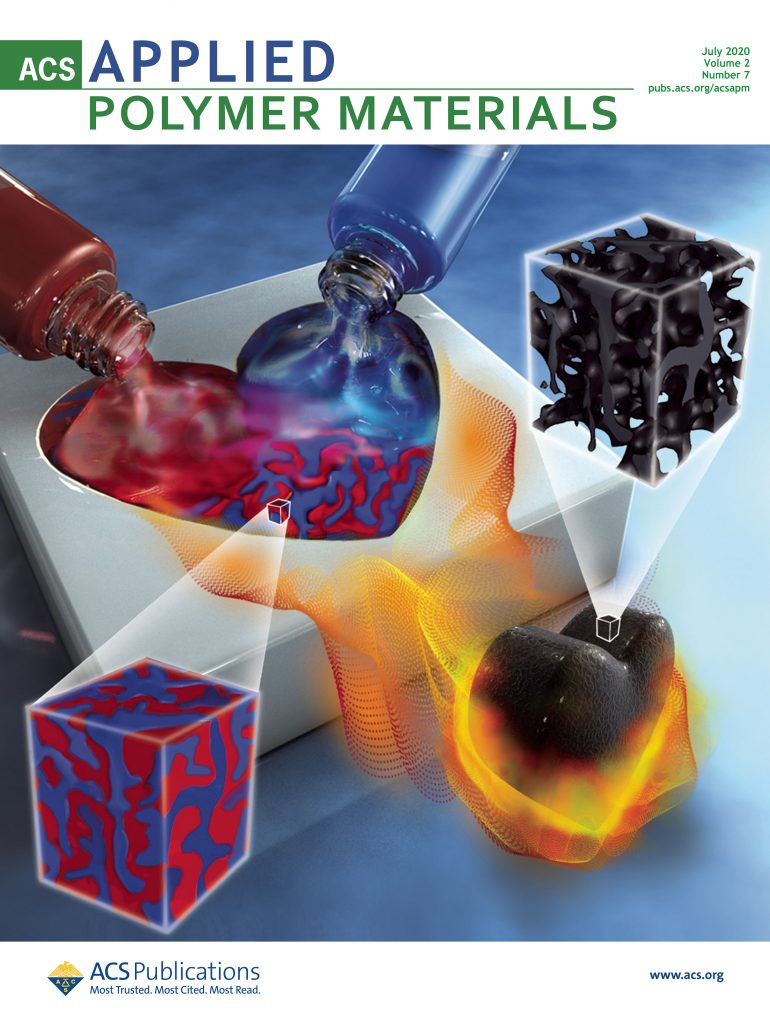An Evolutionary Attack for Revealing Training Data of DNNs With Higher Feature Fidelity
IF 4.4
2区 化学
Q2 MATERIALS SCIENCE, MULTIDISCIPLINARY
引用次数: 0
Abstract
Model inversion attacks aim to reveal information about sensitive training data of AI models, which may lead to serious privacy leakage. However, existing attack methods have limitations in reconstructing training data with higher feature fidelity. In this article, we propose an evolutionary model inversion attack approach (EvoMI) and empirically demonstrate that combined with the systematic search in the multi-degree-of-freedom latent space of the generative model, the simple use of an evolutionary algorithm can effectively improve the attack performance. Concretely, at first, we search for latent vectors which can generate images close to the attack target in the latent space with low-degree of freedom. Generally, the low-freedom constraint will reduce the probability of getting a local optima compared to existing methods that directly search for latent vectors in the high-freedom space. Consequently, we introduce a mutation operation to expand the search domain, thus further reduce the possibility of obtaining a local optima. Finally, we treat the searched latent vectors as the initial values of the post-processing and relax the constraint to further optimize the latent vectors in a higher-freedom space. Our proposed method is conceptually simple and easy to implement, yet it achieves substantial improvements and outperforms the state-of-the-art methods significantly.揭示具有更高特征保真度的 DNN 训练数据的进化攻击
模型反转攻击旨在揭示人工智能模型的敏感训练数据信息,这可能会导致严重的隐私泄露。然而,现有的攻击方法在重建特征保真度更高的训练数据时存在局限性。在本文中,我们提出了一种进化模型反转攻击方法(EvoMI),并通过实证证明,结合在生成模型的多自由度潜空间中的系统搜索,简单使用进化算法就能有效提高攻击性能。具体来说,首先,我们在低自由度的潜空间中搜索能够生成接近攻击目标图像的潜向量。一般来说,与直接在高自由度空间中搜索潜向量的现有方法相比,低自由度约束会降低获得局部最优的概率。因此,我们引入了突变操作来扩展搜索域,从而进一步降低获得局部最优的可能性。最后,我们将搜索到的潜向量作为后处理的初始值,并放松约束,进一步优化高自由空间中的潜向量。我们提出的方法概念简单、易于实现,但却能实现实质性改进,其性能明显优于最先进的方法。
本文章由计算机程序翻译,如有差异,请以英文原文为准。
求助全文
约1分钟内获得全文
求助全文
来源期刊

ACS Applied Polymer Materials
Multiple-
CiteScore
7.20
自引率
6.00%
发文量
810
期刊介绍:
ACS Applied Polymer Materials is an interdisciplinary journal publishing original research covering all aspects of engineering, chemistry, physics, and biology relevant to applications of polymers.
The journal is devoted to reports of new and original experimental and theoretical research of an applied nature that integrates fundamental knowledge in the areas of materials, engineering, physics, bioscience, polymer science and chemistry into important polymer applications. The journal is specifically interested in work that addresses relationships among structure, processing, morphology, chemistry, properties, and function as well as work that provide insights into mechanisms critical to the performance of the polymer for applications.
 求助内容:
求助内容: 应助结果提醒方式:
应助结果提醒方式:


